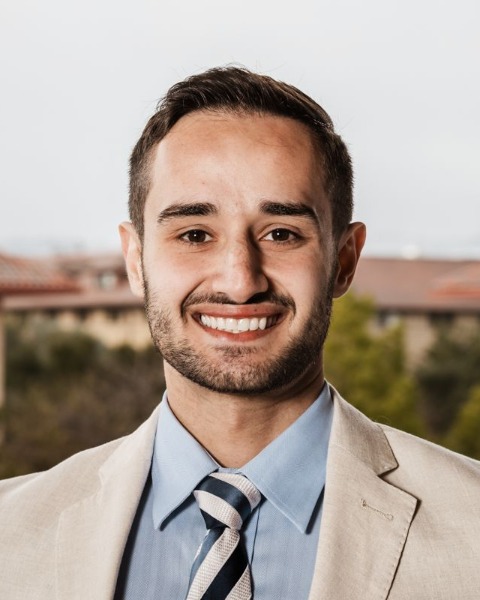Education
Enhancing Stroke Knowledge and Emergency Response Readiness in Seniors and Caregivers: The STROKE-CARE Community Education Initiative

Sina Sadeghzadeh, MS
Medical Student
Stanford University School of Medicine
Stanford, CA, US
Presenting Author(s)
Introduction: Stroke remains a leading cause of mortality and morbidity globally, with a disproportionately high impact on elderly and socioeconomically disadvantaged groups. The STROKE-CARE study aimed to develop and assess a targeted stroke awareness workshop for seniors and caregivers, addressing disparities in stroke knowledge and response readiness.
Methods: The study recruited 73 participants, including seniors from senior living communities and caregivers, who met specific inclusion criteria. Participants completed a pre- and post-workshop survey assessing knowledge of stroke symptoms (using the BE-FAST acronym), attitudes toward stroke prevention, and confidence in responding to stroke events. The workshop included an educational presentation, interactive video demonstrations, and a Q&A session. Paired t-tests and correlation analyses evaluated knowledge and confidence changes, as well as demographic correlations.
Results: Post-workshop results indicated significant increases in stroke knowledge (mean increase of 2.17 points, p < 0.0001), attitudes toward prevention (0.35 points, p = 0.0002), and confidence in responding to stroke events (1.51 points, p < 0.001). Improvements were observed across all demographic groups without significant differences based on age, sex, or education level.
Conclusion : This community-based, targeted workshop effectively enhanced stroke knowledge, prevention attitudes, and response confidence in seniors and caregivers. This approach may serve as a model for improving stroke preparedness in vulnerable populations, highlighting the potential benefits of culturally sensitive, community-based stroke education initiatives.
Methods: The study recruited 73 participants, including seniors from senior living communities and caregivers, who met specific inclusion criteria. Participants completed a pre- and post-workshop survey assessing knowledge of stroke symptoms (using the BE-FAST acronym), attitudes toward stroke prevention, and confidence in responding to stroke events. The workshop included an educational presentation, interactive video demonstrations, and a Q&A session. Paired t-tests and correlation analyses evaluated knowledge and confidence changes, as well as demographic correlations.
Results: Post-workshop results indicated significant increases in stroke knowledge (mean increase of 2.17 points, p < 0.0001), attitudes toward prevention (0.35 points, p = 0.0002), and confidence in responding to stroke events (1.51 points, p < 0.001). Improvements were observed across all demographic groups without significant differences based on age, sex, or education level.
Conclusion : This community-based, targeted workshop effectively enhanced stroke knowledge, prevention attitudes, and response confidence in seniors and caregivers. This approach may serve as a model for improving stroke preparedness in vulnerable populations, highlighting the potential benefits of culturally sensitive, community-based stroke education initiatives.

.jpg)